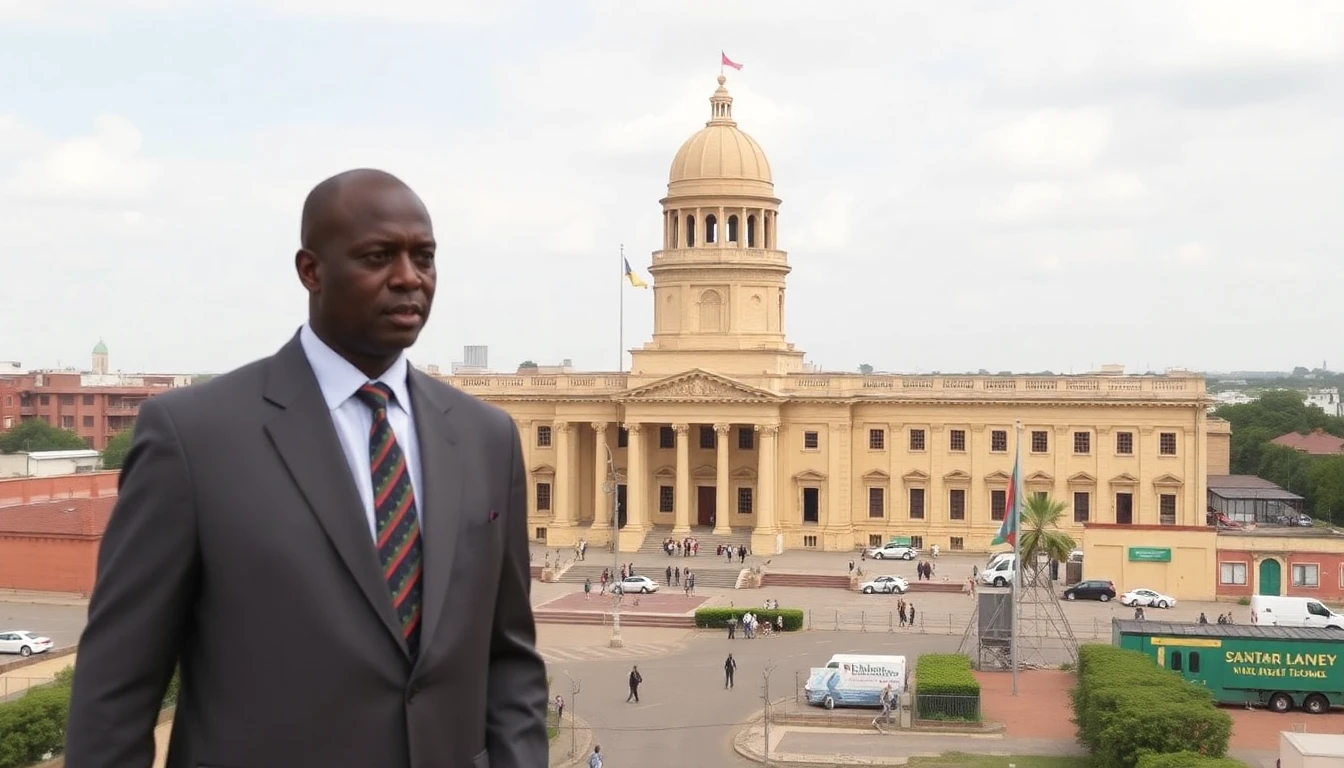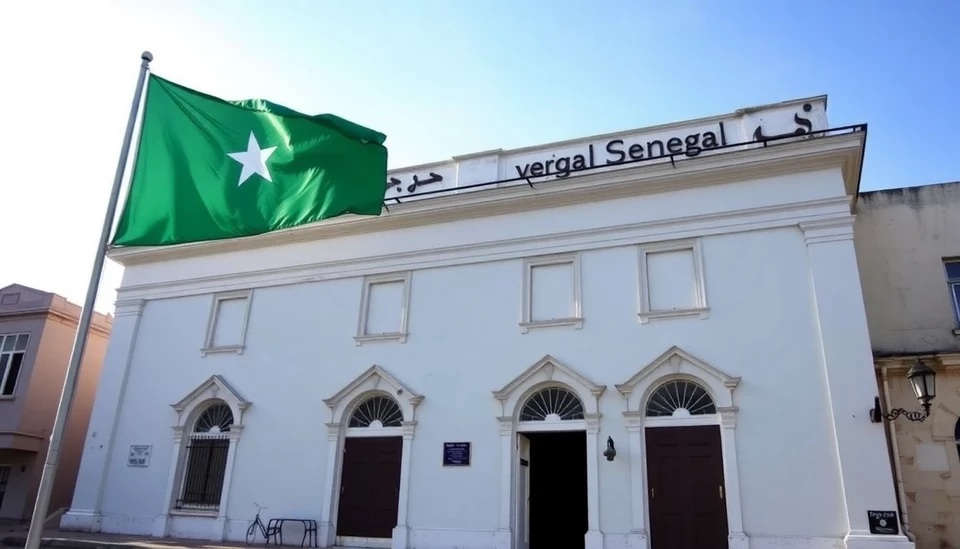
In a swift move to address financial concerns, Senegal has pledged decisive action to manage its budget deficit following a recent downgrade in its credit rating. This firm commitment emerges in response to the rating cut issued by S&P Global Ratings, reflecting economic challenges faced by the West African nation.
On October 5th, S&P Global announced the downgrade of Senegal’s sovereign credit rating due to a widening budget shortfall and rising debt levels, placing the nation in a precarious position regarding its fiscal health. The credit agency highlighted that Senegal’s deficit had exceeded initial expectations, urging the government to implement fiscal reforms promptly.
Senegal's government swiftly acknowledged the pressing need for financial reform and committed to measures aimed at curbing the deficit. The administration emphasized its focus on strengthening budget discipline, enhancing revenue mobilization, and optimizing expenditure to restore economic stability and credibility in the international financial markets.
In response to these financial pressures, Senegal's finance ministry announced a series of strategies meant to address the issues highlighted by the credit rating adjustment. The government assured local and international stakeholders of its dedication to implementing a robust fiscal framework that balances development needs with fiscal responsibility.
The ministry underlined policy initiatives that include tax reforms geared towards broadening the tax base, cutting unnecessary government spending, and investing in productive sectors that can drive economic growth and resilience. These efforts aim to improve fiscal sustainability and ensure economic growth does not falter in the face of adverse fiscal circumstances.
Furthermore, Senegal is approaching international partners for technical and financial support as it navigates these fiscal challenges. This includes collaboration with the International Monetary Fund (IMF) and other multilateral institutions that can provide both guidance and funding to bolster the country’s economic strategies.
The rating downgrade acts as a wake-up call to the Senegalese government, igniting a sense of urgency in addressing their fiscal policies. Analysts and economists have recommended swift governmental action to safeguard against further economic vulnerabilities and instill confidence among investors.
While these developments underscore the challenges faced by Senegal, government officials have expressed optimism in restoring the country’s fiscal health. They emphasized that these measures, if implemented effectively, could lead to a more sustainable economic pathway for Senegal, ultimately stabilizing its financial environment and fostering growth.
In conclusion, Senegal’s proactive stance following the credit rating downgrade reflects its determination to address budgetary issues head-on. With critical policy adjustments on the horizon, the nation remains poised to execute fiscal reforms that will contribute to long-term economic stability and resilience.
#Senegal #BudgetDeficit #CreditRating #FiscalReform #EconomicStability #DebtManagement #SenegalEconomy #SPGlobalRatings
Author: Laura Mitchell




